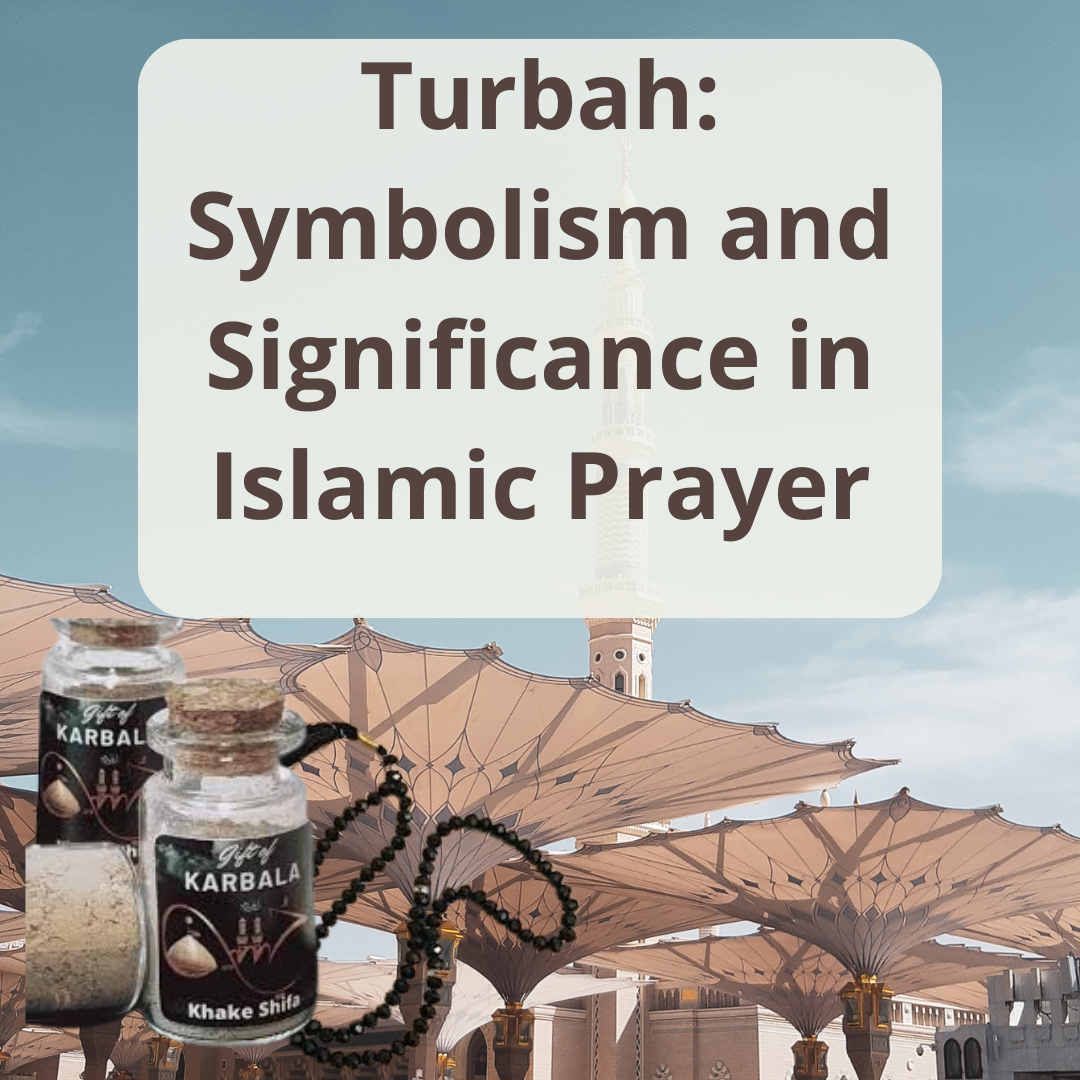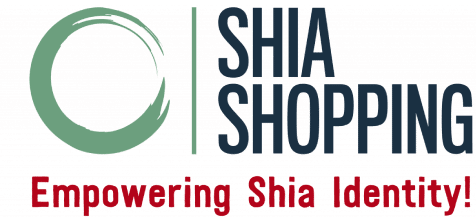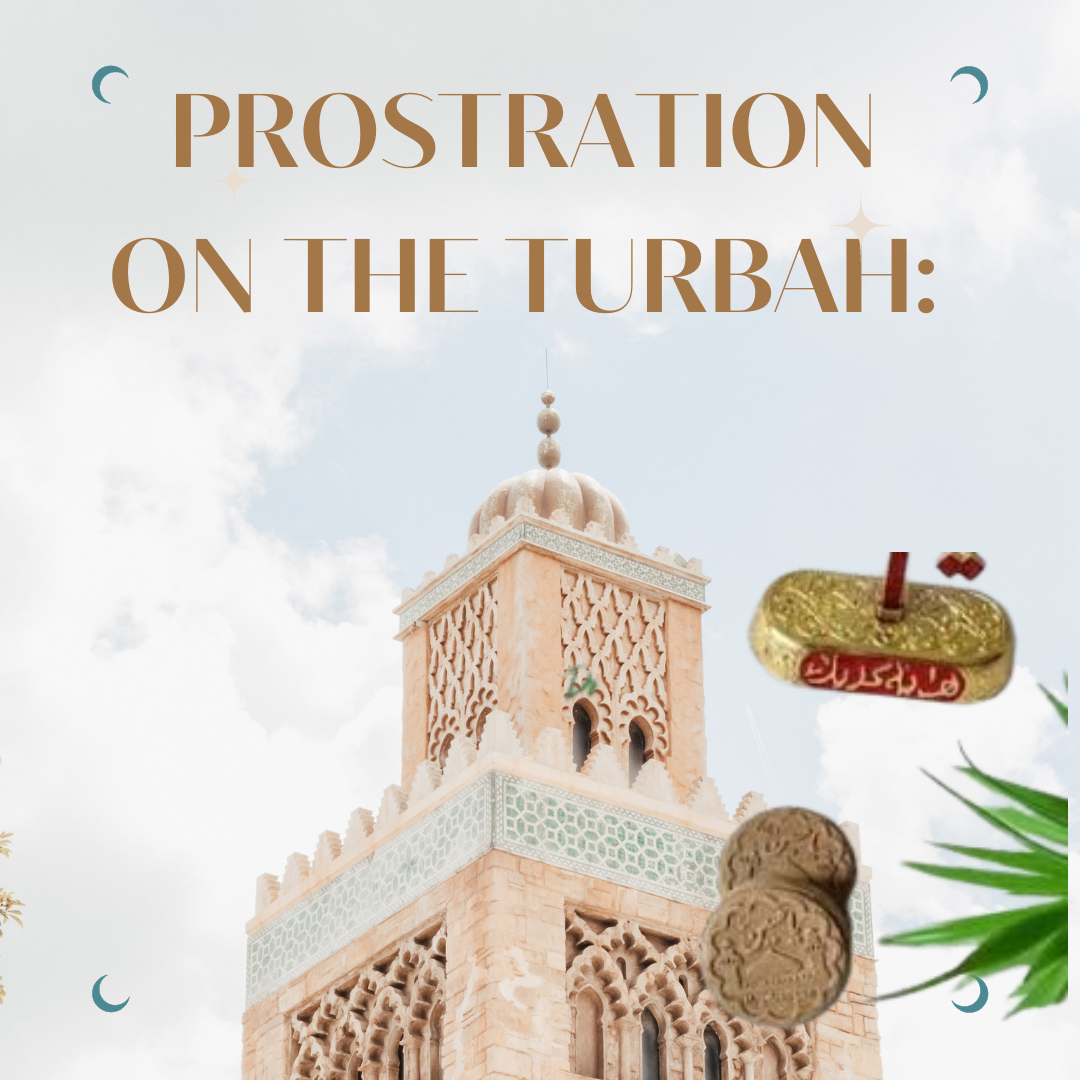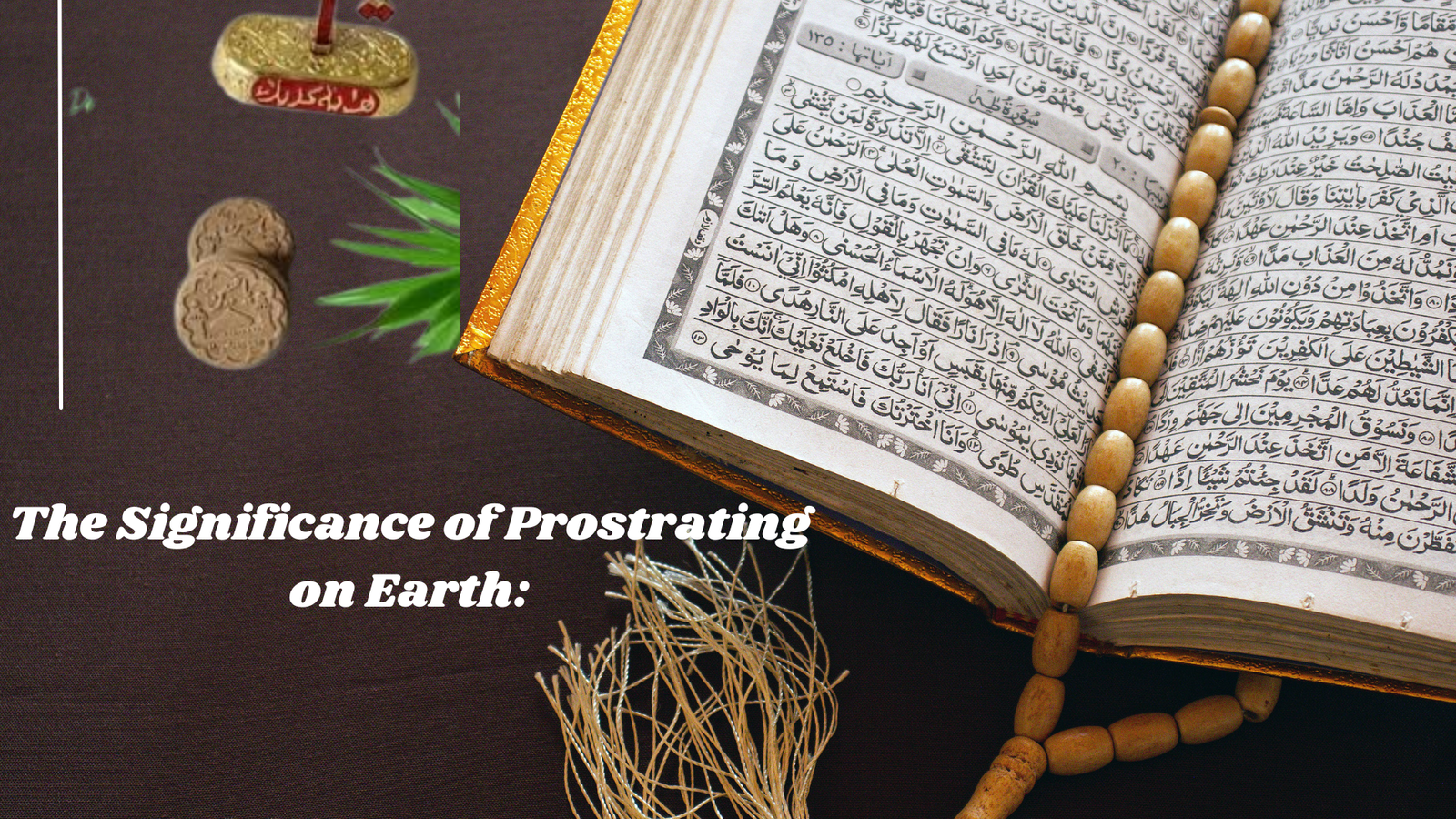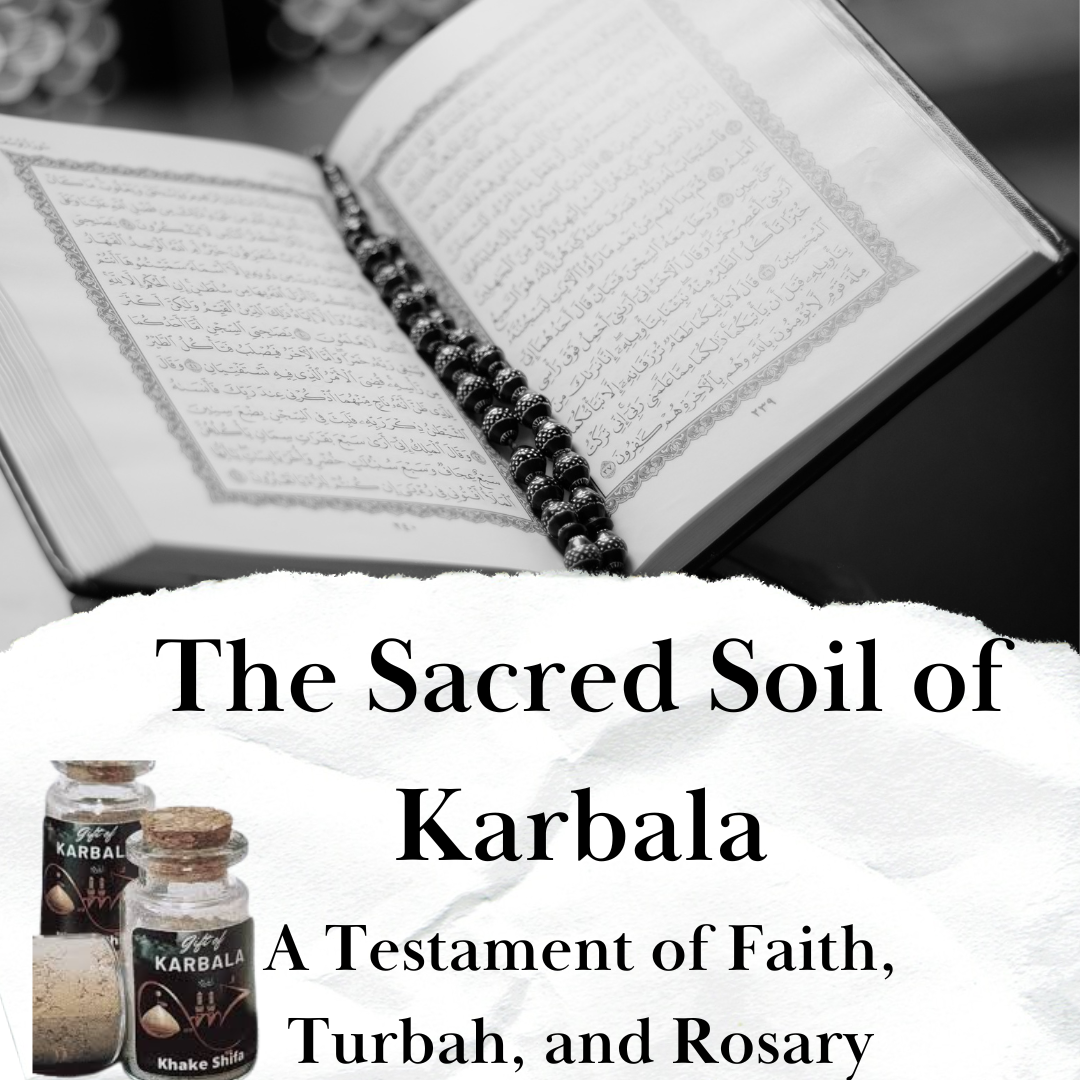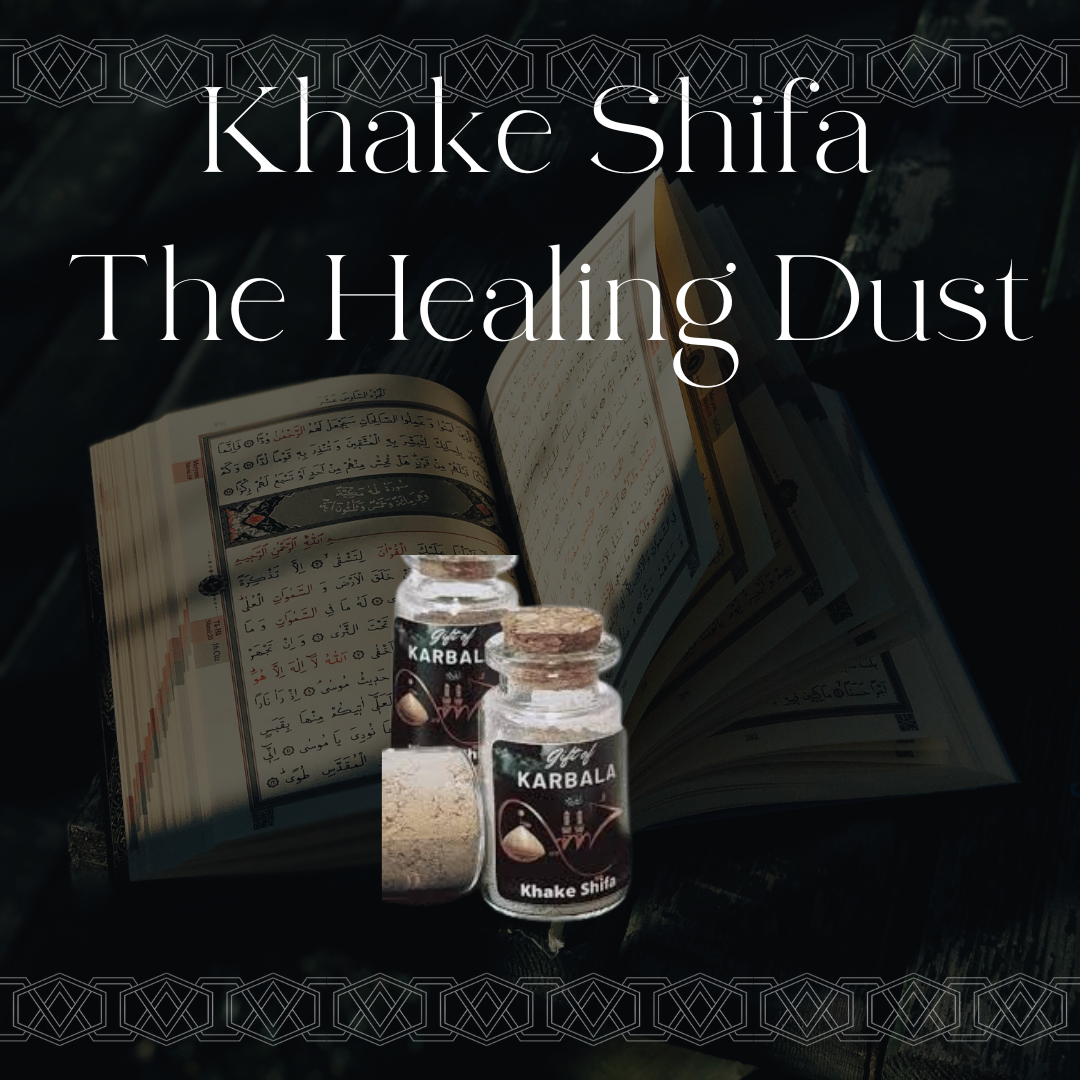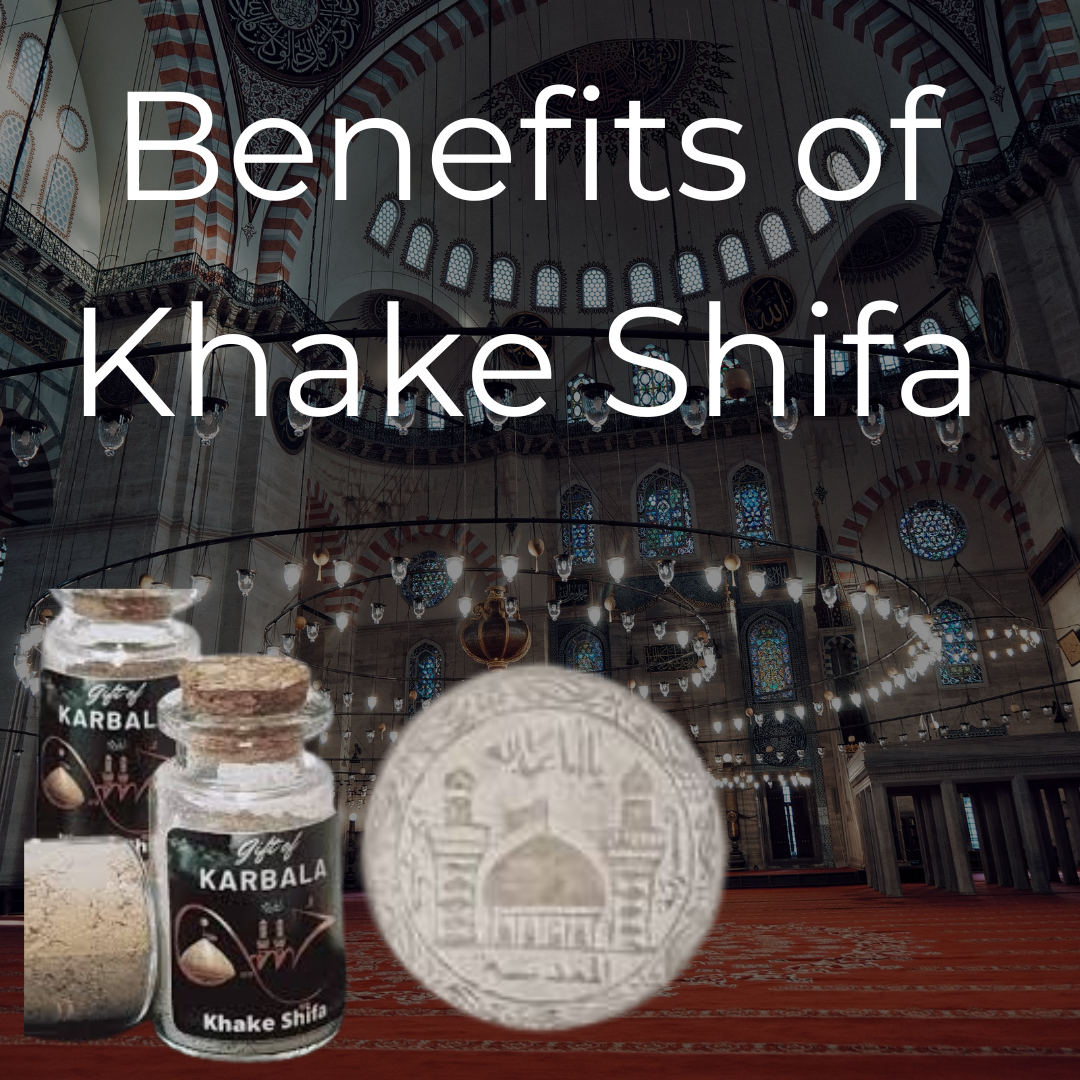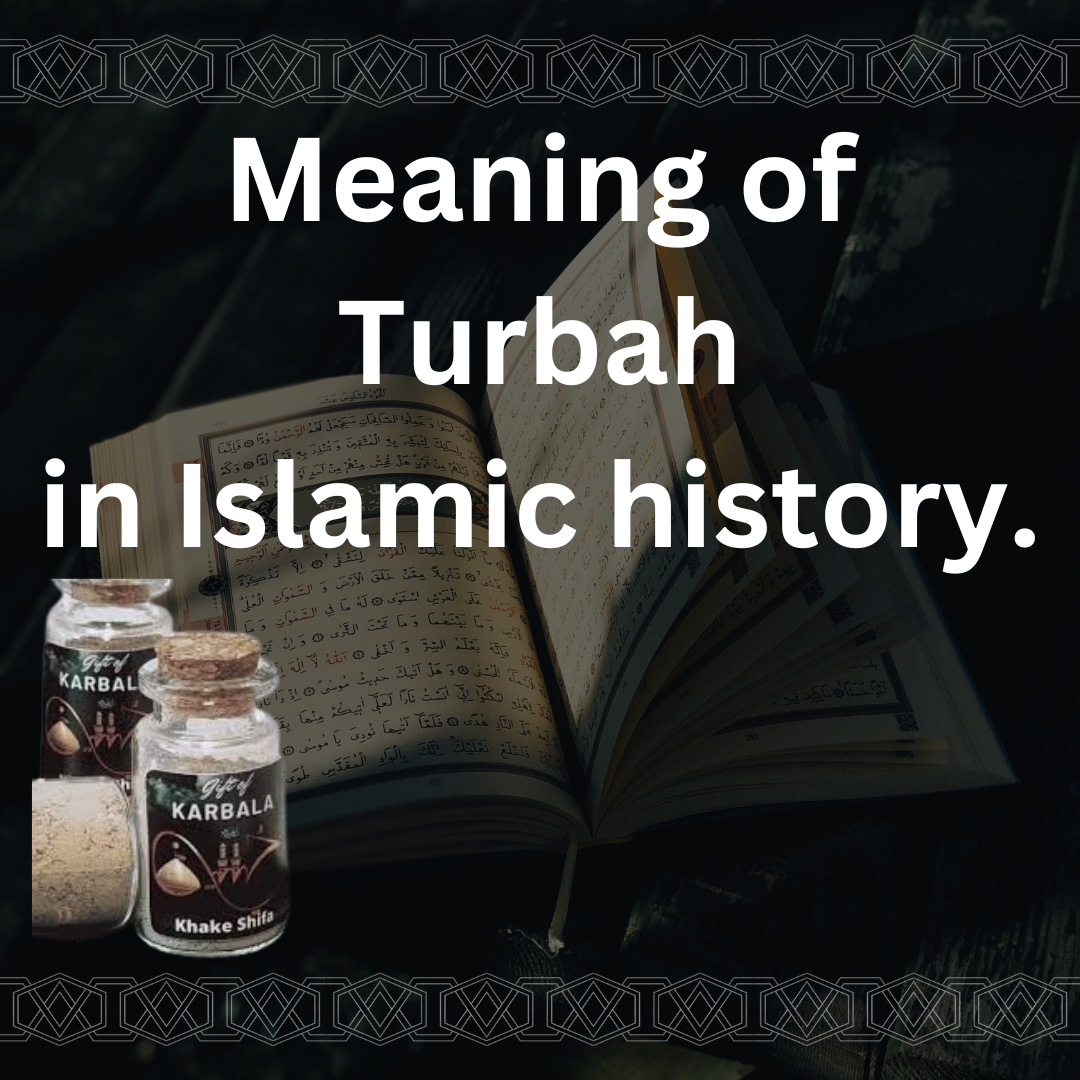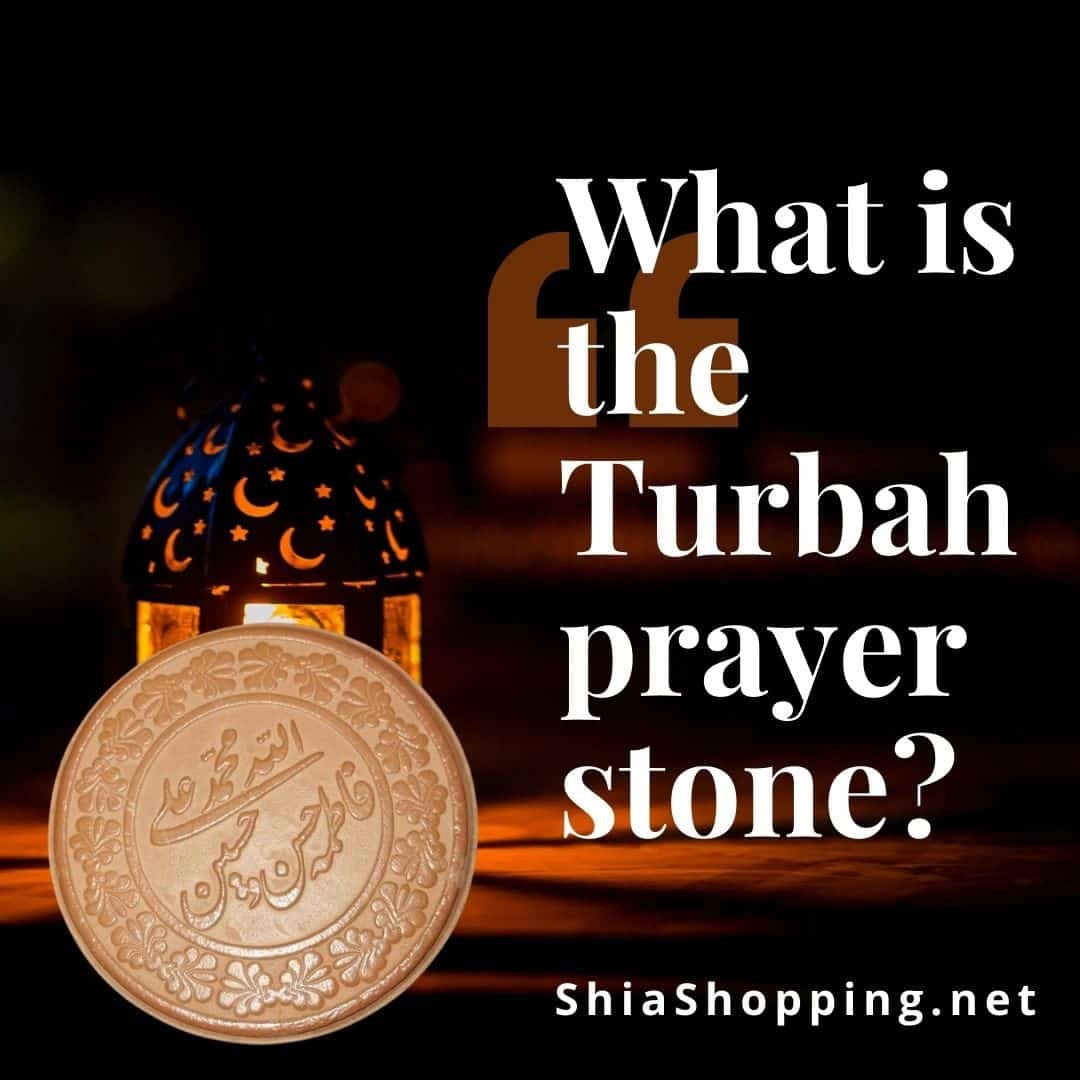The turbah holds profound importance in Islamic prayer, specifically for supporting the head during prostration. It symbolizes humility, purity, and submission to Allah. By bowing upon the turbah, believers connect directly to the earth, embracing its natural purity and simplicity. This act fosters spiritual cleansing and a sense of unity among worshippers, transcending social barriers. Furthermore, the turbah carries historical and cultural significance, honoring the sacred heritage of Islam. Placing the forehead upon the turbah is a tangible manifestation of devotion, enriching the prayer experience and reinforcing the principles of faith and reverence.
